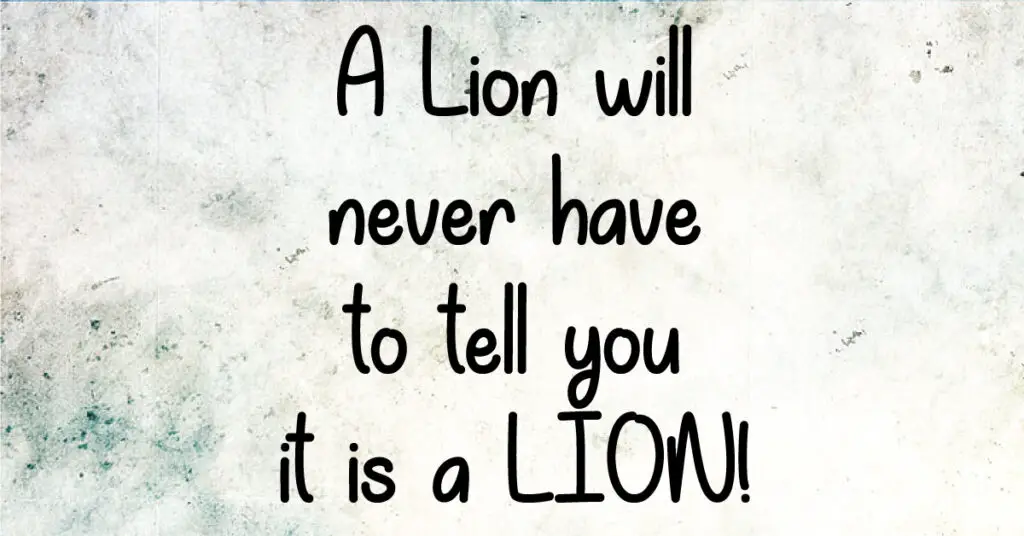Nothing makes a relationship more imbalanced than selfish behavior. Though we all can, and will, be selfish at some point in our lives – especially when there’s something we desire greatly – it’s important to recognize the signs if this behavior becomes a constant occurrence in your relationship.
Taking notice and making a decision is necessary for both partners to enjoy a healthy, loving relationship void of any power dynamics or jealousies. Selfishness should not be tolerated if stability is sought after. Balance must exist for two partners to thrive – and this can only happen when both sides are considerate of each other’s needs and feelings.
Here are some signs that you may be in a selfish relationship
- Your partner is unwilling to compromise or make sacrifices.
- Your partner rarely considers your needs before their own.
- Communication consists of lectures, criticisms, and ultimatums rather than discussion or understanding.
- Your partner does not express gratitude for the small things you do for them or appreciate anything else in life.
- Your partner has a habit of putting others down or dismissing the opinions of others to make themselves seem superior.
- You find yourself having to apologize and take the blame while they often avoid responsibility when things go wrong in the relationship.
- They expect favors but won’t reciprocate them when you need help or support themselves.
- They show little interest in your hobbies and goals but become extremely offended if you don’t show an interest in theirs’.
One of the most obvious signs that you’re in a selfish relationship is when your partner refuses to compromise or make sacrifices. This can be incredibly frustrating as it leaves you feeling like your needs, opinions, and desires come second to theirs. While an occasional disagreement between partners is normal, constantly working against each other and never showing any willingness to give in can have a detrimental effect on relationships.
Communication breakdowns often occur when one person always wants their way and fails to take into account the views of their partner. Instead of trying to understand one another’s points of view, conversations quickly escalate into lectures filled with criticism and ultimatums being issued. It becomes impossible for both sides to move forward, let alone reach mutually beneficial decisions.
If such behavior is frequently exhibited by your partner, it may be time to evaluate how healthy the relationship really is. A balanced partnership requires two people to take equal responsibility for maintaining harmony – but this becomes difficult if one person is selfishly putting their own needs first without regard for their partner’s wellbeing.
Selfishness in a relationship can be caused by a variety of factors. For some, it may stem from feelings of insecurity or lack of self-worth, leading them to prioritize their own needs above their partner’s. In other cases, selfishness may result from previous experiences that have caused someone to become mistrusting and guarded when it comes to giving and receiving love.
Other times, a person may feel entitled to get what they want without having to consider their partner’s feelings or perspectives. Regardless of the root cause, selfishness in relationships moves both partners away from each other by creating an unequal balance where one person feels taken advantage of. When one partner is consistently putting themselves first and ignoring their partner’s needs or boundaries, it creates an environment where trust and intimacy cannot thrive.
Here are some strategies for dealing with a selfish partner in a relationship:
- Establish boundaries and be willing to enforce them – Make sure that your partner understands that you won’t tolerate their selfish behavior and be prepared to take action if they cross any boundaries you have set.
- Express your feelings calmly and without judgment – It can be easy to become overwhelmed when faced with a selfish partner, so taking the time to explain your feelings in an open and non-threatening manner is important.
- Don’t try to ‘fix’ your partner – No matter how much you may want them to change, trying to solve their issues or control their behavior will only lead to resentment and further conflict.
- Take breaks from the situation – Sometimes it’s best to step back and regroup before tackling problems that stem from selfishness, as this allows both partners time away from the issue at hand.
- Seek outside help – If the situation becomes unmanageable it may be beneficial for both partners to seek out counseling or guidance from a professional who can provide objective advice on how best to deal with the issue at hand.
Finally
No relationship is perfect, but when there isn’t a consideration, respect, and trust present in a relationship, it can quickly become an abusive partnership. Whether minimal or major, any amount of selfishness in a relationship has the potential to be harmful if left unchecked. You are the only one who can decide if a small amount of selfishness is acceptable or if it begins to become too narcissistic and damaging. Remember that relationships should be based on mutual love, respect, and support in order for them to be successful long-term. Self-love and self-worth should always come first in healthy relationships where both partners work together as equals.








